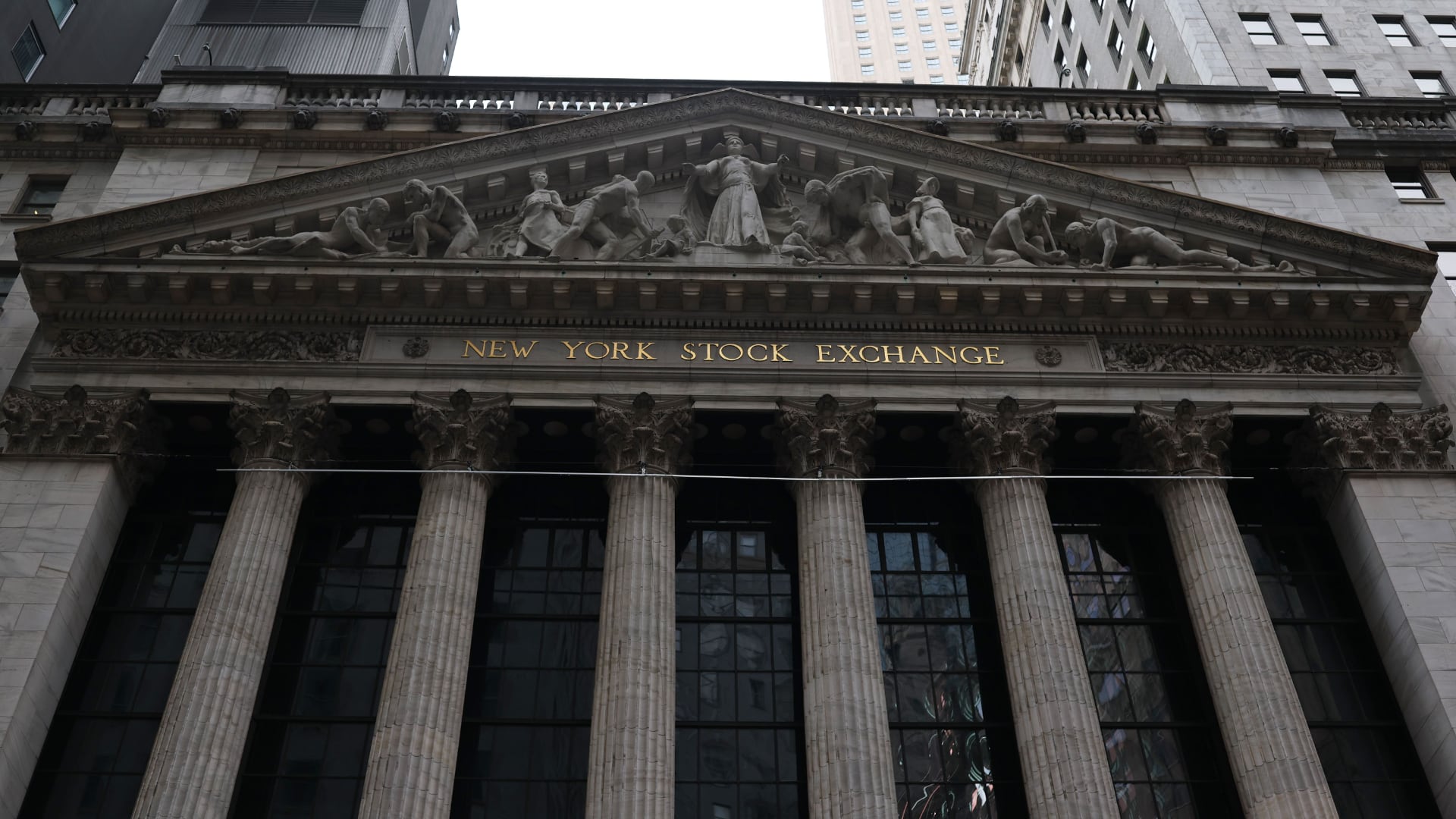Society is warming to psychedelics — and in a year or two, the business and research landscape around these drugs won't look much like it does today, according to Ronan Levy, CEO and founder of Field Trip Psychedelics.
"There's a lot of momentum behind psychedelics with the show on Goop, with all the talk in the media, with [Alexandria Ocasio-Cortez] talking about psychedelics, as well as Andrew Yang. It is a pretty hot topic these days and I think that momentum is just going to continue to move in a positive way," Levy told Cheddar.
His comments come on the heels of Field Trip Psychedelics' latest $8.5 million round of funding — a sign of the changing times in and of itself. The company's founders and Singhal Health Foundation led the private placement, which included participation from Subversive Capital, Silver Spike Capital, VC firm Bolt, blockchain champion Harris Fricker, and biohacker, Ben Greenfield.
Field Trip plans to use the funds to build out its network of psychedelic-supported therapy clinics worldwide, as well as finish construction on a Jamaica-based cultivation and research facility, centered around novel therapeutic molecules, like psilocybin.
"The funds are going to the clinic and the cultivation center and some other strategic opportunities," Levy said. "It should give us enough runway well into next year at which point I think you'll see the legal environment and the social environment around psychedelics to be even more favorable than it is right now," he added.
Field Trip aims to have five psychedelic-therapy-supported clinics open to the public by the end of the year in major cities like New York, Toronto, and Los Angeles. Field Trip's clinics will make use of ketamine, a schedule 3 dissociative, in therapy for conditions like anxiety, depression, and post-traumatic stress disorder. Ketamine has long been approved by the Food and Drug Administration for use as an anesthetic, and last year the FDA approved one part of the molecule, called esketamine, The Verge reported, for treatment-resistant depression. Research is ongoing concerning the whole ketamine molecule's effectiveness for depression — and doctors are permitted to administer the drug as they see fit for "off label" uses.
Ketamine is low-hanging fruit compared with drugs like psilocybin, which is still schedule 1, or regulated as strictly as drugs like heroin and cannabis. But Field Trip plans to tackle that, too, which is where the research facility at the University of the West Indies in Jamaica comes in. There, the mushrooms are legal, but the industry is very unregulated, Quartz reported. Levy is working with the university and local officials to create a more regulated market, and in so doing, getting a jump on research that is much more difficult — but not impossible — to conduct in the U.S.
Although Levy is now making a name for himself in psychedelics, it wasn't too long ago that he was fully immersed in the world of cannabis. A serial entrepreneur, Levy founded several companies and sold one, CanvasRx, to cannabis giant Aurora Cannabis ($ACB) in 2016. He previously served as an executive at Aurora, and on several industry boards. Levy said that it's tempting to conflate psychedelics and cannabis — they are all stigmatized, plant-based substances with long, political histories — but that's about where the similarities end.
Aside from differences in modes of operation in the body, and potential therapeutic applications, Levy said the futures of the industries look quite different, too.
"With psychedelics it's going to be different. These are potent molecules, not that CBD and THC aren't, but they're very different experiences. And I think they need to be provided in a much more controlled setting than cannabis is given," he said. "You may get to a place where you see microdosing and very small dosage of psychedelics being available for take home use, but I think that's further down the road. Certainly, I think ... it's prudent that this start in a controlled setting is being proposed in Oregon."
Almost 50 years after President Richard Nixon signed the Controlled Substances Act into law, further choking out research efforts on psychedelics and creating the modern scheduling system in place today, according to MAPS, psychedelic drugs are having a political and scientific renaissance in the U.S. Activists are pushing forward state-level and hyper local decriminalization efforts. And research is well underway at institutions all across the U.S., like at New York University and Johns Hopkins University, which received $17 million last year to launch a psychedelic research center.













